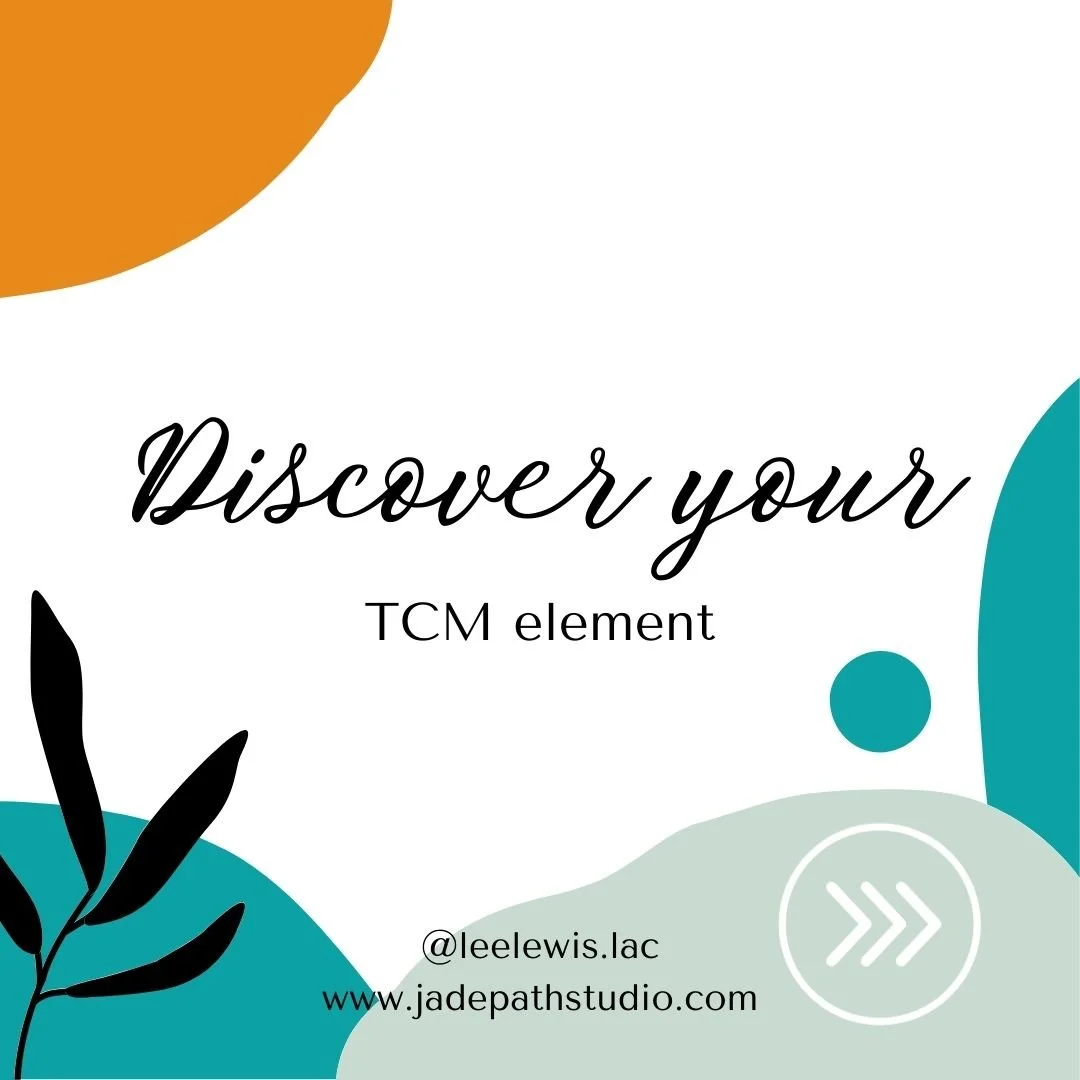Five Elements and The Intersection of Psychology and Traditional Chinese Medicine
I find it amusing how 17 years after starting college as a psychology major and swiftly switching to another field, I am circling back to explore the intersection of psychology and Chinese Medicine. Now to be clear, the draw the field of psychology has remained a constant thread in my life. For a semester in college I participated in a 9-week ecopsychology course in the California backcountry. Before committing to a Chinese Medicine graduate program, I was interviewing for a counseling psychology graduate program. And in my practice I’ve attracted the type of patient who seeks mental-emotional wellbeing and is often well versed in their trauma with help from their therapists.
The Five Elements of TCM
Traditional Chinese Medicine (TCM) offers a unique perspective on our mental-emotional patterns. TCM places the human physiological condition within a framework of the greater ecosystem. We are, in essence, a microcosm of the natural world. Understanding TCM physiology and pathology requires and understanding of how the elements in nature interact. Five Element (5E) TCM emphasizes identifying the patient’s constitutional factor (CF), which is associated with one of the five elements: fire, earth, metal, water, and wood.
Ayurvedic medicine has a similar understanding of how human physiology and pathology mirrors the external environment. Ayurvedic practitioners skillfully identify their patient’s dosha, which have a similar connection the elements as the TCM five element system.
Identifying your CF is not difficult. You may resonate deeply with several elements, especially when that element is particularly balanced within you, but often there is one that stands out for you.











